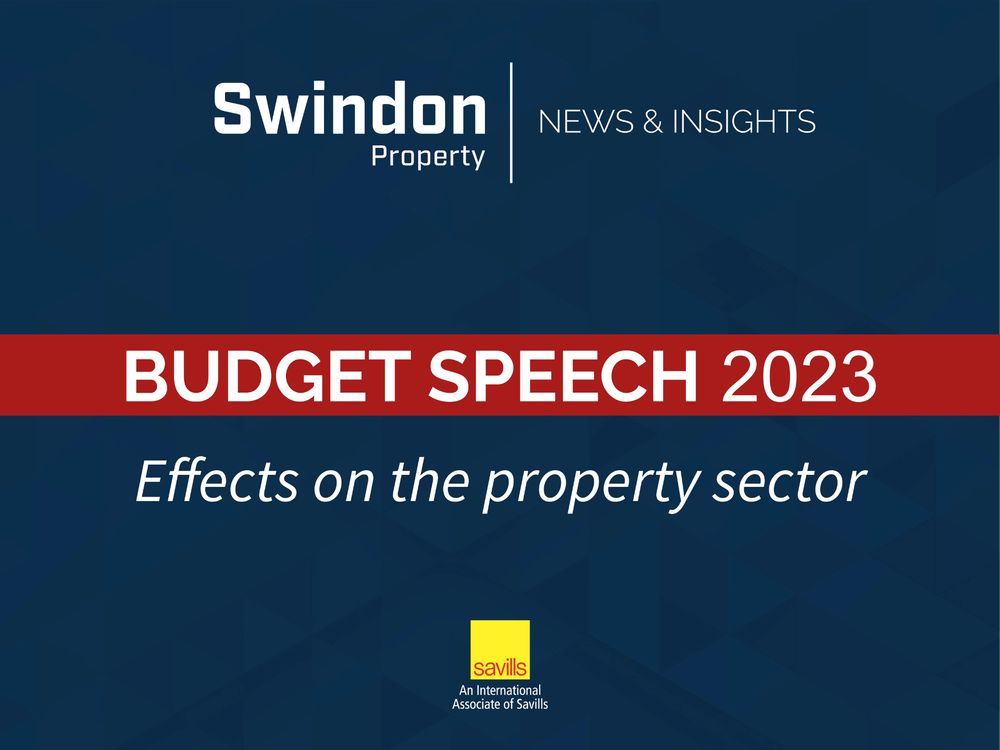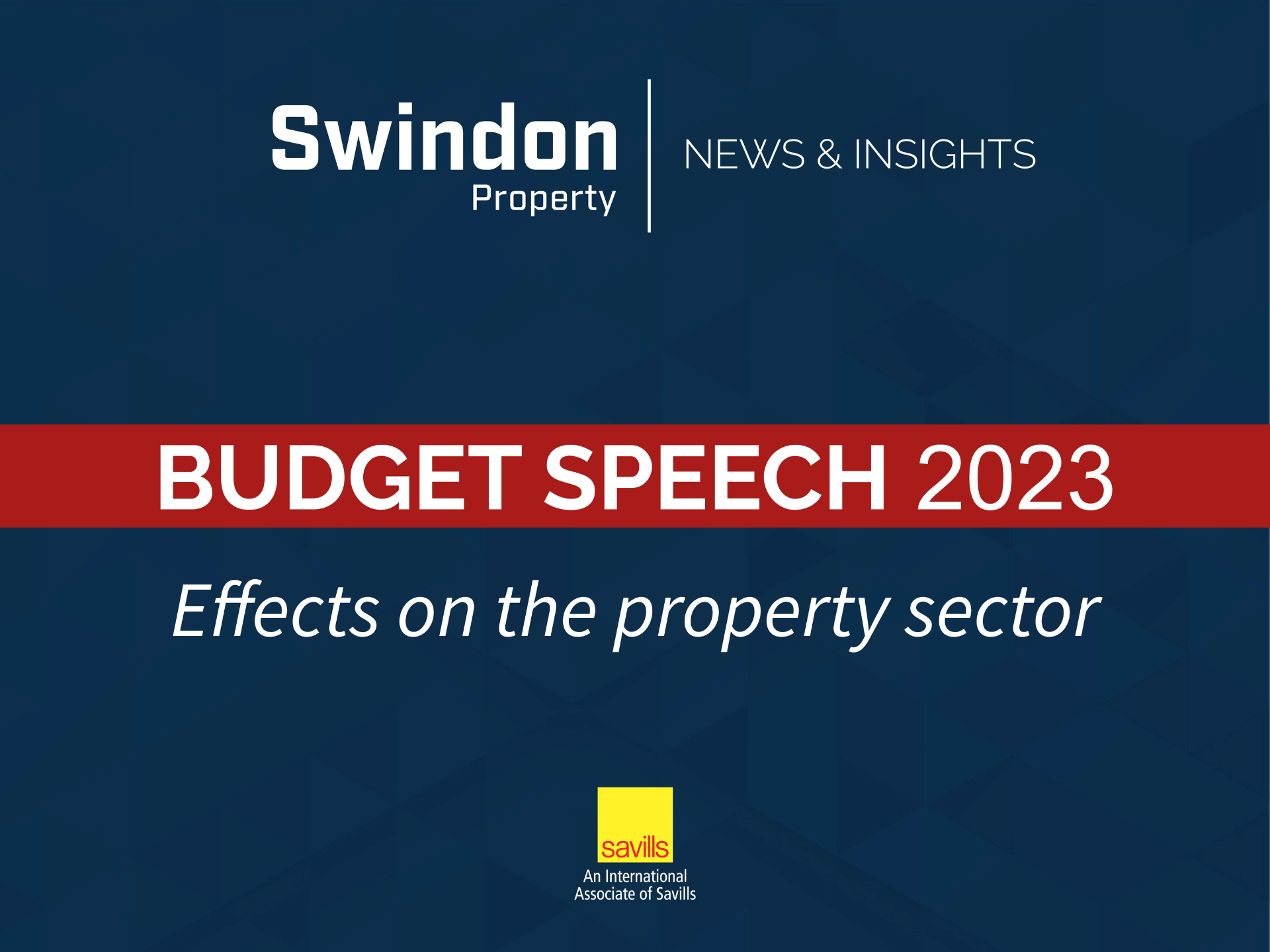Budget 2023: three major property takeaways
In his 2023 National Budget Speech, finance minister Enoch Godongwana said that in real terms the size of the economy in 2022 was bigger than the pre-pandemic levels, which is evidence of a robust economic recovery. However, he also said that the medium-term growth outlook has deteriorated.
In this context, he announced tax incentives, some of which are directly relevant to the property industry.
Urban development zone
Minister Godongwana extended the urban development zone (UDZ) tax incentive for two years while his department undertakes a review of the incentive.
Andrew Dewey, CEO of Swindon, says that UDZ zones have afforded brown and greenfield developers tax incentives for upgrading, renovating or developing in areas the city feels requires upliftment. “We have seen billions of rands pumped into these areas, which has had a ripple effect into regeneration projects, job creation, CID implantation, security and cleanliness of common areas,” he says.
“This extension will continue to incentivise developers to take advantage of the tax breaks offered, further adding to the densification and upliftment of those important nodes within our cities,” says Swindon director Marcus Te Vaarwerk. “We have already seen the direct effects of this incentive through the development within the city centre and areas like Woodstock and the Maitland portion of the Voortrekker Corridor, which have also promoted inclusiveness within the city perimeters.”
Tax Incentive for rooftop solar panels
Individuals can now claim a 25% rebate, up to a maximum of R15,000, for installing rooftop solar panels to reduce pressure on the grid and ease load-shedding. “This is very interesting when seen together with the City’s recently announced rebate policy of buying back electricity from the private sector,” says Dewey. “Unfortunately R15,000 is arguably a mere 10% of the average households solar panel installation costs (excluding the cost of inverters, batteries, and installation) but it does show a starting commitment from government to encourage private energy generation.”
Renewable energy fiscal support package
Of particular relevance to the business and property sectors is the announcement that for the next two years, businesses can reduce their taxable income by 125% of the cost of investing in renewable energy, with no minimum project size.
“This may be one of the most exciting items of the budget speech, especially for the property and business sectors,” says Dewey. “With an ever-increasing reliance on solar energy and the shift away from the unpredictability of Eskom, this initiative gives business owners the incentive to invest in the future of their businesses. And the beauty is that investing in renewable energy is not just good for the business, it also increases the property value and capital growth. We are definitely seeing that properties with PV (or solar) installations are achieving premium prices on the sales front and are always the first to be occupied by tenants wanting peace of mind.”



